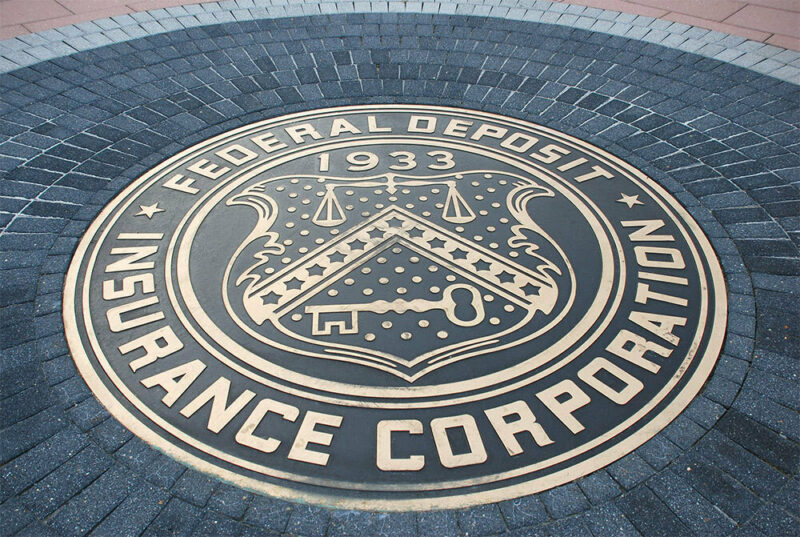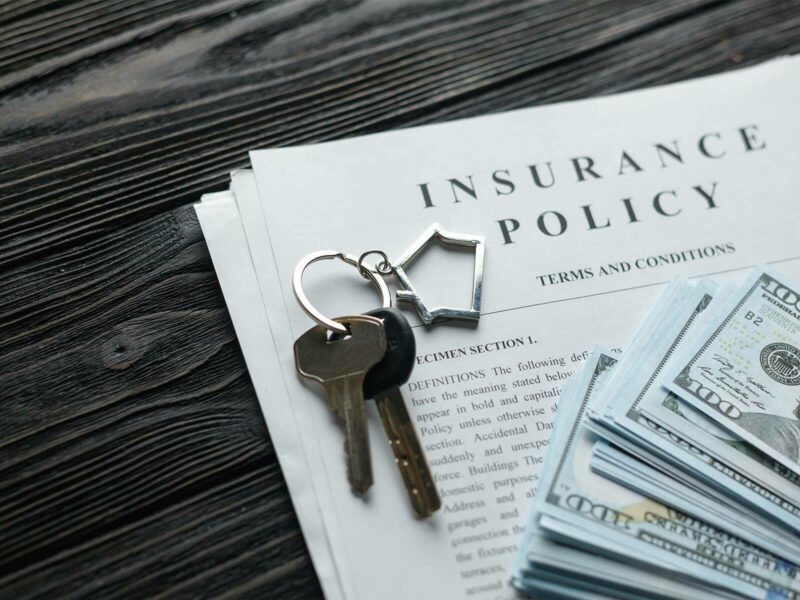Article Excerpt
Becoming a mortgage lender is not a process that state and federal governments take lightly in the United States. Learn about the agencies involved.
Doctors, lawyers, accountants, architects, real estate agents, and mortgage lenders are all subject to license requirements. A valid license authorizes a person or business to engage in a particular profession or trade, and it signals to potential customers, clients, or patients that they know what they’re doing.
The following is an overview of the licensing agencies for Texas mortgage lenders like The Wood Group of Fairway.
What is a mortgage loan originator?
In 2008, the U.S. Congress passed the Secure and Fair Enforcement for Mortgage Licensing Act, or the “SAFE Act.” Texas passed its own version of the SAFE Act the following year. The law sets standards for mortgage professionals who make residential loans to consumers, known as mortgage loan originators (MLOs).
Texas law defines an MLO as someone who receives compensation for either:
“[T]ak[ing] a residential mortgage loan application”; or
“[O]ffer[ing] or negotiat[ing] the terms of a residential mortgage loan.
The term “mortgage loan originator” can therefore apply rather broadly to mortgage bankers, who make new loans themselves, and mortgage brokers, who match prospective borrowers with bankers or lenders. The two key elements of the definition of an MLO are that they directly work with consumers, and they make money from doing so.
What kind of license does a mortgage loan originator need in Texas?
Texas may issue licenses for businesses and individuals who work at several different stages of the mortgage lending process. Businesses that handle residential mortgages must obtain a mortgage company license. Individuals who work for those companies and meet the above definition of an MLO must obtain a mortgage loan originator license.
The Texas Department of Savings and Mortgage Lending (SML) issues and oversees mortgage company and MLO licenses. Another state agency, the Office of Consumer Credit Commissioner (OCCC), may also issue MLO licenses for individuals who deal with certain types of loans:
Secondary mortgage loans
Home equity loans
Residential property tax loans
Manufactured housing loans
If a person already has an MLO license from the SML, they might not need to obtain another license from the OCCC In some situations, an MLO may also need licenses from one or more federal agencies.
![Photo by Billie Grace Ward on Flickr [Creative Commons] Texas State Capitol](/images/articles/_generalPhotoStandard/texas-capitol-building.jpg)
Photo by Billie Grace Ward on Flickr [Creative Commons]
How are mortgage loan originator licenses issued in Texas?
The Texas SML handles most MLO licensing. Instead of issuing licenses directly, the SML uses the Nationwide Mortgage Licensing System and Registry (NMLS). Shortly before Congress passed the federal SAFE Act, two organizations representing state banking and mortgage regulators created the NMLS in order to make communication between state regulatory agencies easier. A side benefit is that it makes the licensing process for mortgage officials more efficient.
The federal SAFE Act requires all mortgage licensing to go through this system. Agencies in all fifty states, the District of Columbia, and several U.S. territories now use the NMLS for MLO licenses. This includes the Texas SML.
The NMLS uses a standardized test known as the SAFE MLO National Test with Uniform State Content. It consists of 120 multiple-choice questions, only 115 of which are scored, on topics like federal mortgage laws, loan origination, and ethics.
At the Federal Level
MLOs must register with the NMLS in order to obtain a state license. They may also need to register with a federal agency or obtain a license from one or more of them, depending on their employment situation. If you think having two Texas state agencies overseeing MLO licenses is complicated, just wait.
When Congress first passed the SAFE Act, multiple federal agencies had authority over mortgage licensing, which created some confusion:
The Office of the Comptroller of the Currency (OCC) and the Office of Thrift Supervision (OTS), which are both part of the Department of the Treasury
The Federal Deposit Insurance Corporation (FDIC), a corporation backed by the federal government
The National Credit Union Administration (NCUA), a federal agency that is not part of a Cabinet department
The Federal Reserve Board of Governors (FRB)
In 2011, Congress transferred much of the authority over the SAFE Act to the Consumer Financial Protection Bureau (CFPB). This allowed for the creation of a single set of rules, known as Regulation G, rather than five sets of rules.
Generally speaking, if a mortgage company or bank has to register with one of the above federal agencies, the MLOs that they employ probably have to as well. Banks, for example, must register with the FDIC, while credit unions must register with the NCUA.

"FDIC HQ" (CC BY-NC-SA 2.0) by afagen
Team with a lender you can truly trust!
Finding a reputable mortgage lender shouldn’t only hinge on whether they’re properly licensed. That’s only the start of your basic requirements. Read real borrower reviews from all across the state for The Wood Group of Fairway.
Get started on your pre-qualification with just a few quick questions!!



